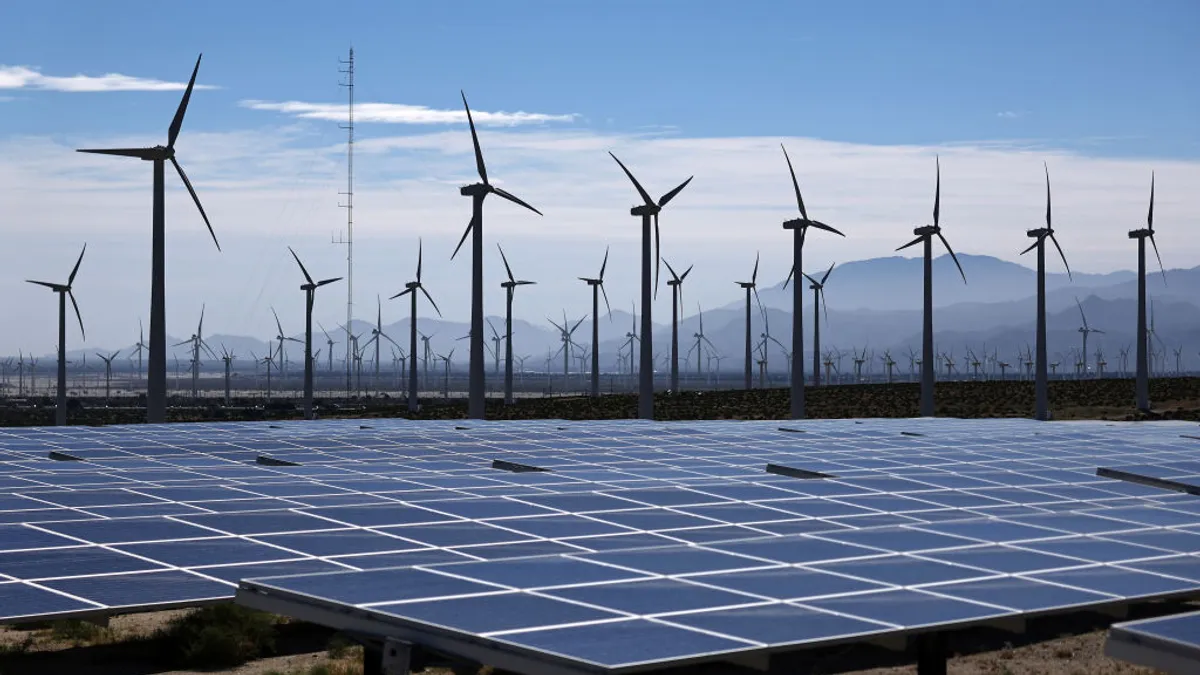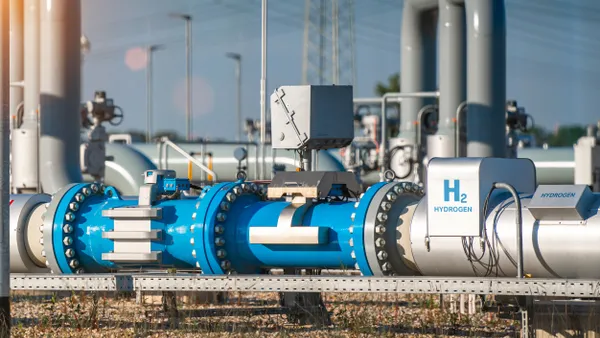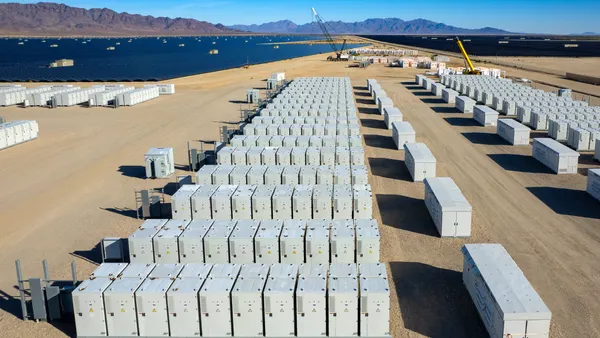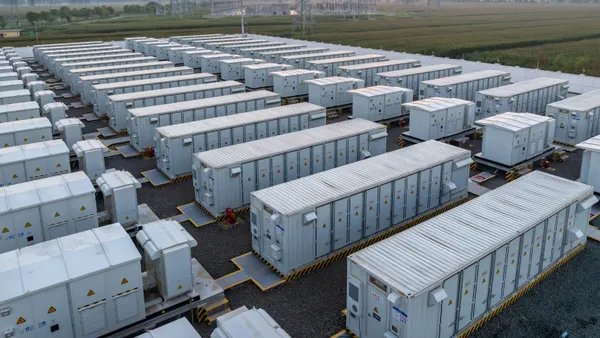Dive Brief:
- Climate change is having a broad impact on the energy sector and how electric utilities operate, with power companies upping their political contributions and filing extensive lawsuits in an effort to protect the status quo, while also investing in more in renewable energy and advanced metering, Electric Power & Light reports.
- According to a new report from the Investor Responsibility Research Center Institute (IRRC), "utilities are taking widely varied paths to meet climate change business challenges."
- The nation's 25 largest utilities spent more than $400 million on federal lobbying and in federal and state elections in the last five years, IRRC discovered. Southern Co., Duke Energy and American Electric Power (AEP) were among the biggest spenders.
- The report, "The Top 25 U.S. Electric Utilities: Climate Change, Corporate Governance and Politics," is designed to help investors "evaluate which companies are deploying forward-thinking approaches and better equipping themselves for the business challenges ahead."
Dive Insight:
IRRC's new analysis takes a look at the biggest 25 utilities in the country, in an effort to sketch how a wide range of market changes are impacting how electric companies do business.
"Whatever your opinion of climate change, it is a reality that regulation and societal pressure is changing the business landscape for utilities,” Jon Lukomnik, IRRC executive director, said in a statement. “Some utilities are taking proactive approaches to ensure ample and dependable energy supplies that reduce regulatory and legal risk. But other utilities are digging in their heels while looking backwards to maintain business as usual."
Electric Light & Power breaks out the utilities' contributions, noting the 10 largest donors contributed more than $250 million in the five years beginning 2011, with Southern Co. the easy leader American Electric Power, Exelon and Next Era.
Potential litigation related to the Clean Power Plan is driving some decisions, the report's authors conclude. Southern, NextEra Energy and AEP face the biggest potential liability from the new greenhouse gas rules, while PG&E, Exelon and PSEG have the least risk.
“The tension between long-term planning needs and short-term profit taking comes out clearly in the report,” said report lead author Sara Murphy. “We’ve tried to connect the dots between the most pressing issues on which investors say they want action — climate change and corporate political activity transparency — for a sector that will be hard hit if it doesn’t adapt.”














